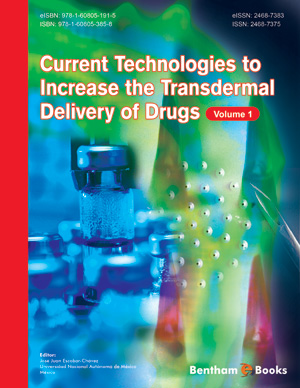Abstract
Renal cell carcinoma (RCC) is diagnosed in approximately 170,000 patients worldwide annually, resulting in 82,000 deaths. The 5-year survival rate for metastatic RCC (mRCC) is < 10% and up to 30% of patients treated with radical nephrectomy are at risk of relapse. Cytokine therapy, such as interferon-a (INF-a) and interleukin-2 (IL-2), has been the standard of therapy for mRCC for many years. Recently, the better understanding of the molecular pathogenesis of RCC has led to the development of a number of new targeted drugs, particularly anti-VEGF (vascular endothelial growth factor) drugs and mammalian target of rapamycin (mTOR) inhibitors that have been approved for the treatment of advanced disease, and many other compounds are undergoing preclinical or early clinical evaluation.
However, several questions remain to be addressed, including: The identification of the optimal methodological approach in the clinical development of these new agents and of the best clinical setting to evaluate them, the identification of the optimal schedule of treatment and of surrogate predictive markers of activity that could lead to a better selection of patients, the evaluation of these agents in other histological subtypes, particularly papillary and chromophobe RCC, and finally, the management of new emerging toxicity.
Keywords: Renal Cell Carcinoma, angiogenesis, bevacizumab, sunitinib, sorafenib, temsirolimus, everolimus






















